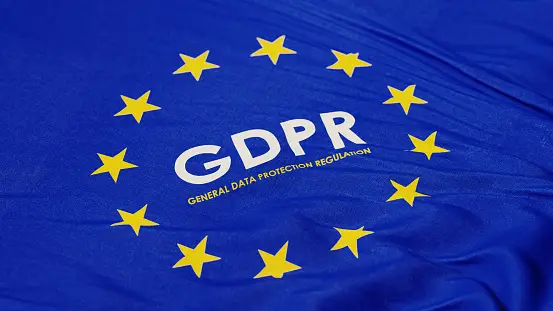
Understanding GDPR
GDPR, or the General Data Protection Regulation, is a set of rules that control how personal data can be collected, processed, and stored by organizations.
Who does GDPR apply to?
GDPR applies to any organization, regardless of its location, that collects or processes personal data of individuals in the EU and EEA. It also applies to organizations outside the EU/EEA that offer goods or services to individuals in these regions or monitor their behavior.
What is personal data?
Personal data includes any information that can directly or indirectly identify a person, such as their name, address, email, IP address, or even their photo.
What are the key principles of GDPR?
- Lawfulness, fairness, and transparency: Organizations must process personal data lawfully, fairly, and transparently.
- Purpose limitation: Data should only be collected for specific, explicit, and legitimate purposes.
- Data minimization: Collect only the data that is necessary for the intended purpose.
- Accuracy: Ensure that personal data is accurate and up-to-date.
- Storage limitation: Don't keep personal data longer than necessary.
- Integrity and confidentiality: Keep personal data secure and protected from unauthorized access or misuse.
What are the rights of individuals under GDPR?
- Right to be informed: Individuals have the right to know how their data is being used.
- Right of access: Individuals can request access to their personal data.
- Right to rectification: Individuals can request corrections to inaccurate or incomplete data.
- Right to erasure (or "right to be forgotten"): Individuals can request the deletion of their personal data under certain circumstances.
- Right to restrict processing: Individuals can limit the ways in which their data is processed.
- Right to data portability: Individuals can request their data in a commonly used format for transfer to another organization.
- Right to object: Individuals can object to the processing of their data in certain situations, such as for direct marketing purposes.
What are the consequences of non-compliance?
Organizations that fail to comply with GDPR may face fines and penalties imposed by regulatory authorities. These fines can be significant, depending on the severity of the violation.
.png)
Post a Comment